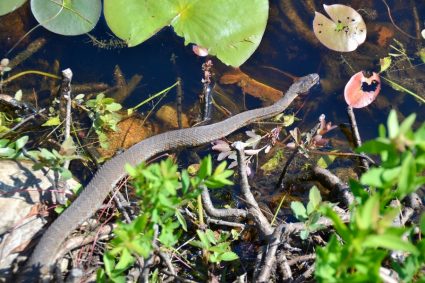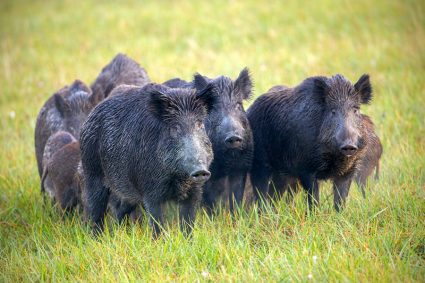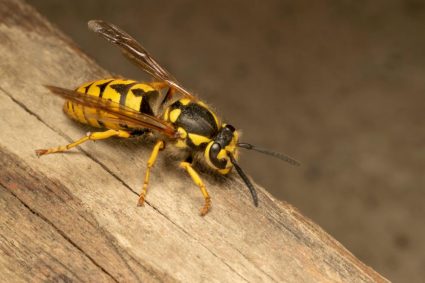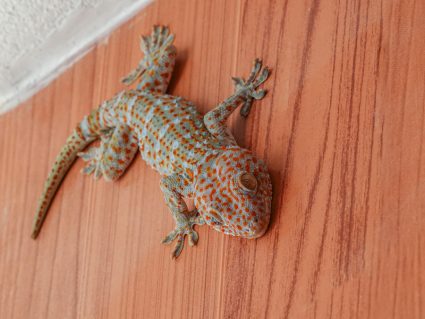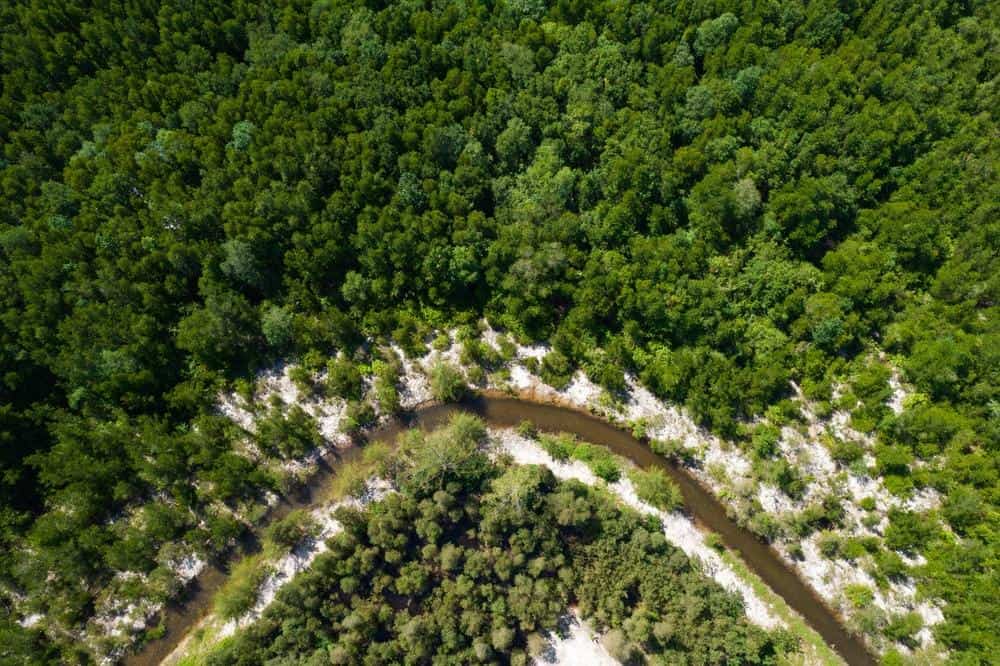
Skunks, known for their distinctive black-and-white fur and strong, unpleasant scent, are creatures that have adapted to various environments, including urban and suburban areas. These opportunistic omnivores are known for their digging habits, which can be both beneficial and problematic. This article will delve into why skunks dig holes, the impact of their digging on the ecosystem, and how humans can coexist with these creatures.
Skunks dig holes primarily to search for food and shelter. They are opportunistic omnivores, feeding on grubs, worms, insects, berries, seeds, nuts, and small rodents, which are often found in the ground. Skunks also dig to create burrows for shelter or to gain access to areas under buildings. Their digging habits can affect the ecosystem by aerating the soil and controlling pests, despite the potential damage to lawns and gardens.
Why Do Skunks Dig Holes?
Skunks dig holes primarily to search for food and shelter. They have a diverse diet that includes grubs, worms, insects, berries, seeds, nuts, and small rodents. To find these food sources, skunks often dig in lawns, gardens, and flower beds. They pull up grass and dig through the soil to access grubs and other insects found just below the surface.
Their well-developed senses of hearing, smell, and vision aid them in their quest for food. Skunks are more active at night, so homeowners may not notice their digging activities during daylight hours. In addition to searching for food, skunks may also dig to create burrows for shelter or to gain access to areas under buildings.
Skunks and Their Natural Behaviors
Skunks are opportunistic omnivores, feeding on both plant and animal matter. They have strong forefeet and long nails, which make them excellent diggers. Their diets change as prey availability fluctuates with each season. During warmer months, skunks feed on insects such as crickets, bees, grasshoppers, and grubs, as well as worms and crayfish. In the winter, they feed on berries, bird eggs, and rodents such as voles.
Skunks are also known to dig up turtle eggs, claw through the nests of yellow-jacket wasps, and eat the larvae of various insects found in the soil. Their preference for insects and other food sources found in the ground leads to their frequent digging habits.
Impact of Skunk’s Digging on the Ecosystem
Skunks’ digging activities impact the ecosystem in several ways. Positively, they help aerate the soil and recycle nutrients, promoting healthy plant growth. Their feeding habits control the population of pests like insects, grubs, and small rodents.
However, they also cause some damage. They can ruin lawns and gardens while searching for food, and their burrows can weaken the foundations of buildings and other structures. Despite these negatives, the benefits they provide in terms of pest control and soil aeration often outweigh the temporary damage they may cause.
Living Peacefully with Skunks
Human activity can influence a skunk’s decision to dig holes. Skunks are attracted to food sources and shelter provided by human environments, such as garbage, pet food, bird feeders, compost piles, and spaces under buildings or porches.
To coexist peacefully with skunks, humans can secure garbage containers, clean up pet food, and avoid leaving edible garbage where skunks can access it. Installing fencing around gardens and crops and sealing off potential dens can also deter skunks. If skunks have already taken up residence, allowing them to stay until they move on, especially if they have young ones, can prevent unnecessary conflicts.
In Conclusion
Skunks play a vital role in our ecosystem. Their digging habits, while sometimes a nuisance, contribute to the health of our environment by controlling pest populations and promoting soil health. Understanding why skunks dig holes and how we can coexist with them can lead to a more harmonious relationship with these often misunderstood creatures.
Frequently Asked Questions
What other animals are skunks related to?
Skunks are part of the Mustelidae family, which also includes animals like weasels, otters, badgers, and ferrets.
Are skunks dangerous?
While skunks are generally harmless and prefer to avoid humans, they can defend themselves when threatened. They can spray a foul-smelling liquid from their anal glands, which causes temporary blindness and nausea. Skunks can also carry diseases like rabies.
How can I tell if a skunk is living on my property?
Signs of skunk activity include small, cone-shaped holes in your yard or garden, the smell of skunk spray, and tracks that show five toes on each foot. You may also hear noises under your house or deck, which could indicate a skunk burrow.
How long do skunks live?
In the wild, skunks typically live for about 2-4 years. In captivity, they can live up to 10 years.
What should I do if a skunk sprays me or my pet?
If you or your pet gets sprayed by a skunk, immediately wash the affected area with a mixture of 1 quart of 3% hydrogen peroxide, 1/4 cup of baking soda, and 1 teaspoon of liquid dish soap. Rinse thoroughly with water afterwards. Avoid getting the mixture in your eyes or your pet’s eyes.


